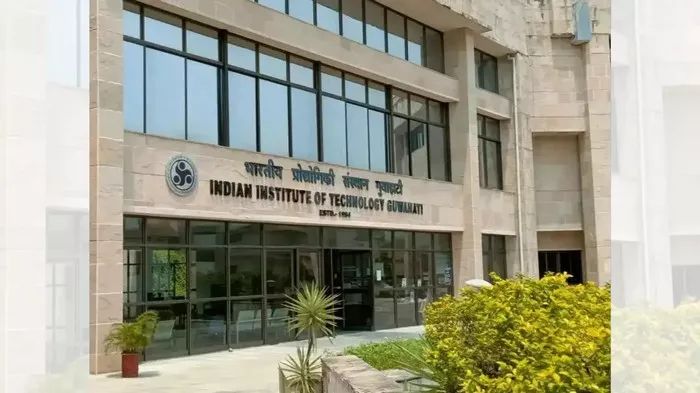In a significant stride towards sustainable wastewater treatment, researchers at the Indian Institute of Technology (IIT) Guwahati have developed an innovative, eco-friendly technology that efficiently removes antibiotics from wastewater using biochar derived from spent mushroom waste and a natural enzyme called laccase.
Named BHEEMA (Biochar-based Hydrological Enzyme-regulated Efficient Mechanism for Antibiotics removal), the technology combines enzyme-mediated degradation with agricultural waste recycling to eliminate harmful contaminants without generating toxic byproducts—an issue commonly associated with traditional treatment methods.
According to institute officials, the findings have been published in the Journal of Environmental Management and the innovation has been recognized as a top-10 finalist under the Water and Sanitation category at the Vishwakarma Awards 2024, organized by the Maker Bhavan Foundation.
Professor Sudip Mitra, Head of the School of Agro and Rural Technology at IIT-Guwahati, said the team focused on removing fluoroquinolone antibiotics—specifically Ciprofloxacin, Levofloxacin, and Norfloxacin—often found in hospital discharges, industrial effluents, and surface water sources.
“Unlike conventional treatments such as advanced oxidation or membrane reactors, which are expensive and can produce secondary pollutants, our approach utilizes laccase, a naturally occurring enzyme,” said Mitra. “We immobilized the enzyme on biochar produced from spent mushroom waste—an easily accessible agro-waste material in our region—to enhance its reusability and stability.”
The system achieved a degradation efficiency of 90–95% for fluoroquinolone antibiotics within just three hours at the lab scale. Importantly, researchers confirmed that the byproducts formed during the process were non-toxic, making the system environmentally safe.
Anamika Ghose, a PhD scholar involved in the research, highlighted that the technology presents a sustainable and cost-effective alternative to activated charcoal. “Our method offers an affordable option for communities, especially in rural areas,” she noted.
Developed in collaboration with Professor Laatha Rangan from IIT-Guwahati’s Department of Biosciences and Bioengineering and her research team, the prototype system costs between ₹4,000 and ₹5,000, covering material costs, enzyme immobilization, and reactor setup—making it a scalable solution for both urban and rural wastewater treatment needs.
The research team is now engaging with stakeholders to test and validate the technology on the ground. Plans for field trials are underway as they work toward commercialization and broader adoption.
In a bid to spread awareness about the wider applications of biochar, the team also conducted a hands-on training session for farmers on biochar production and its benefits for agriculture. Held in collaboration with the District Agricultural Office of Morigaon, the workshop was attended by 30 local farmers.
Related topics:


